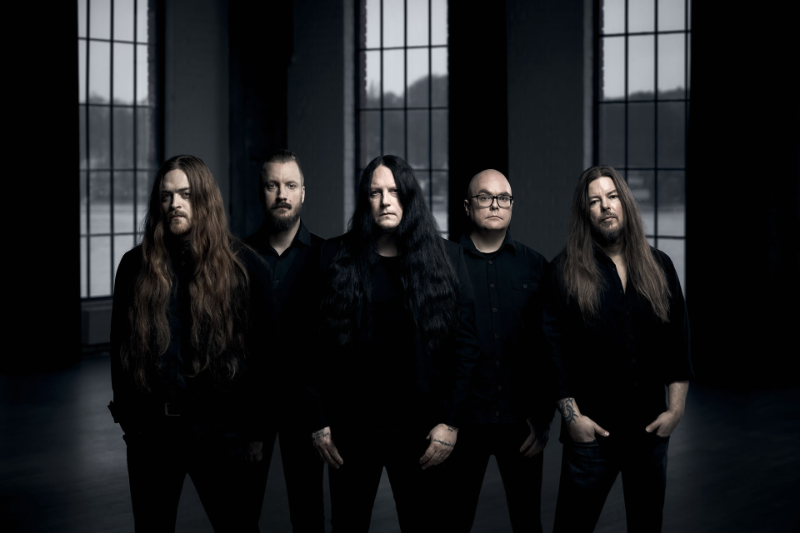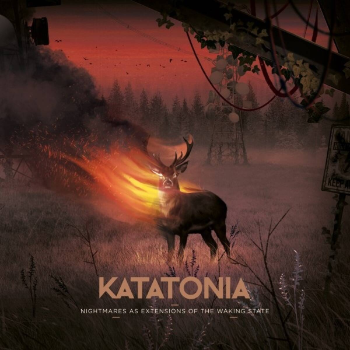Drama in the Katatonia camp. At least, that’s what the online metal gossip newspapers are all too happy to have us believe. Creative differences caused an unbridgeable gap between early founders Jonas Renkse and Anders Nyström, with the latter guitarist deciding to leave the band. What really goes on behind the scenes remains somewhat of a guess, but we prefer to pay as little attention to that as possible. What can be said is that Renkse’s influences on the last two albums were already very strong in the music and he was increasingly the only creative brain behind the music. Add to that the fact that Nyström had not been present at live performances for some time and would rather embrace the band’s solid past, so this separation does not come completely out of the blue. Despite a very great loss, this departure has relatively little influence on the musical content. In addition to Nyström’s departure, guitarist Roger Öjersson has also left the band. So two new guitarists had to be found, who in the names of Nico Elgstrand (ex-Entombed and Entombed A.D.) and Sebastian Svalland (ex-In Mourning) could provide the new impetus.

It makes one wonder whether the personnel changes still have an influence on the musical content of this Nightmares As Extensions Of The Waking State. Actually, the title of the album alone makes one extremely curious: what a great title! But anyway, Katatonia is a band that is not averse to some stylistic changes. From the early years with death-doom, to mid-era gothic alt-metal and the last years in which proggy dark rock rules the day. On this new album – against expectations (I certainly expected a further continuation or evolution of Sky Void Of Stars) – there is also a slight return to bygone times. Don’t expect death-doom, but there can certainly be musical connections with the albums Night Is the New Day, Dead End Kings and Fall Of Hearts. However, it is not a complete shift because the more recent musical content is also integrated into the music. The first half of the album can be seen as a nod to the past, while the second half mainly focuses on the future. For this reason, the next two paragraphs will discuss these two halves as such.
This is a difficult album to draw a conclusion from. The first half of the album is extremely strong and contains material that can be considered to be among the better parts of the discography of the past fifteen years. The second half is less sparkling (with a small dip in quality), but mainly lacks connection to the first half of the album due to a different tempo and musical approach. I have the thought that a division (for example as a double album with some extra songs or two separate EPs) might have been a better solution, because then it could also be considered as two separate entities. Now we have to deal with the collection of songs that Katatonia has made available in this order. However, after several listens, the second half also manages to convince more and more, which makes the final verdict a little higher. All in all, a strong album that will certainly not give you nightmares!

Score:
85/100
Label:
Napalm Records, 2025
Tracklisting:
- Thrice
- The Liquid Eye
- Wind Of No Change
- Lilac
- Temporal
- Departure Trails
- Warden
- The Light Which I Bleed
- Efter Solen
- In The Event Of
Line-up:
- Jonas Renkse – Vocals
- Nico Elgstrand – Guitar
- Sebastian Svallard – Guitar
- Niklas Sandin – Bass guitar
- Daniel Moilanen – Drums
Links:












